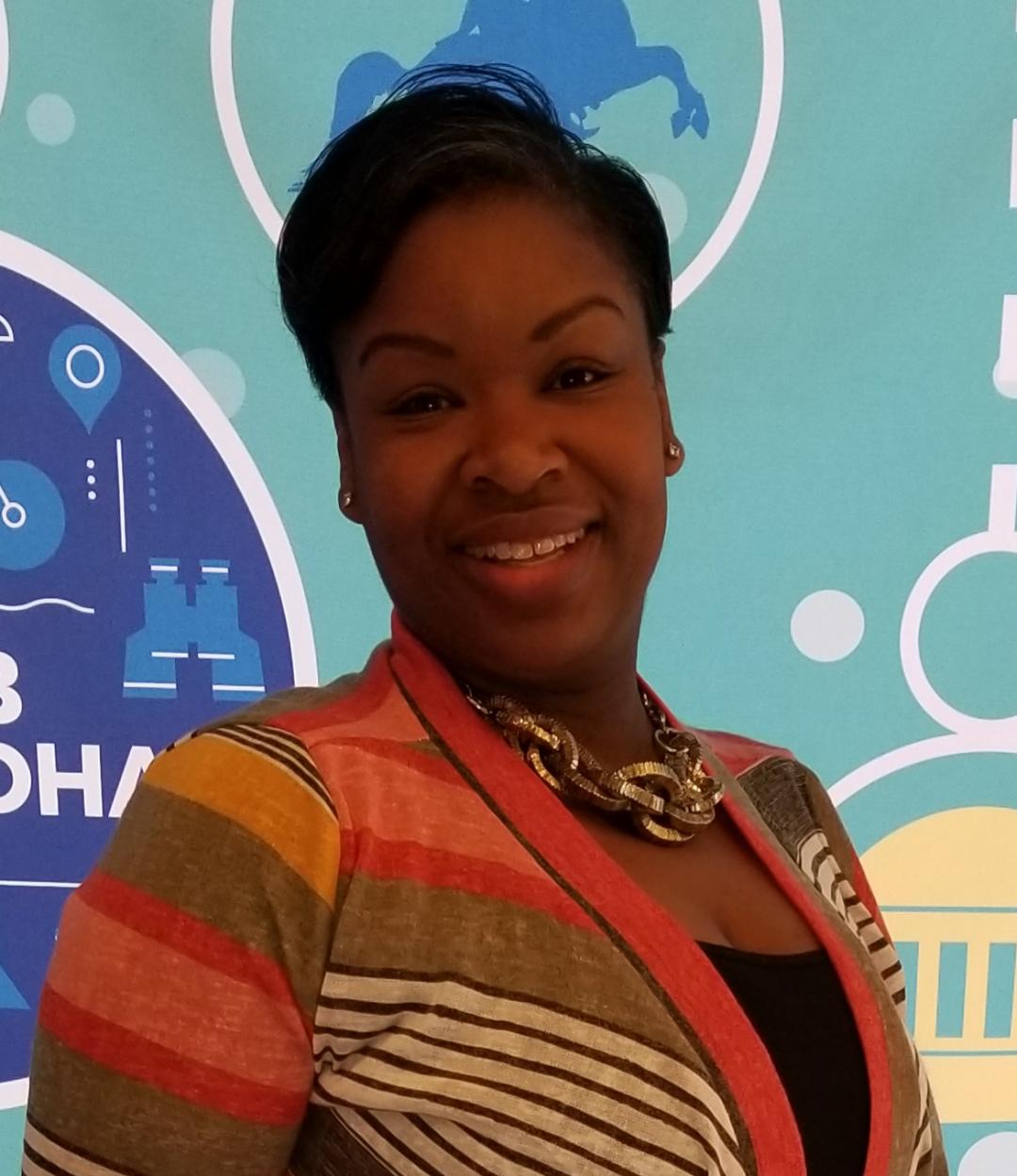What Is Child Development—and Why Does It Matter?
- TeacherMommy-MommyTeacher

- Jun 5, 2025
- 2 min read

As parents and caregivers, we all want the very best for our children. We cheer when they take their first steps, clap when they say their first words, and celebrate every new skill they master. But what’s really happening behind the scenes of all that growth?
That’s where child development comes in—and understanding it can make a world of difference in how we support our children from the very beginning.
What Is Child Development?
Child development refers to the way children grow and learn over time. It includes physical, cognitive, language, social-emotional, and self-help skills. These areas of development are all connected, and children grow in many of them at the same time.
For example:
When your baby starts crawling (physical), they’re also exploring their environment (cognitive) and learning new words like “go!” (language).
When your toddler throws a tantrum (social-emotional), they’re also learning how to express their feelings—and you’re helping them build self-regulation skills.
Understanding these stages helps us respond with patience, support, and encouragement.
Why Child Development Is So Important
Here’s why keeping an eye on child development matters:
1. Early Years Are the Foundation for Life
The first five years of life are a time of rapid brain growth. In fact, 90% of a child’s brain develops before kindergarten! The early relationships and experiences they have shape how they think, learn, and feel for years to come.
2. You Can Spot Concerns Early
Knowing what’s typical at different ages helps you recognize when something might need extra attention—whether it’s a speech delay, motor issue, or behavioral concern. Early intervention is key and can lead to better outcomes.
3. You Become More Confident as a Parent
When you understand what your child needs at different stages, you feel more prepared to support them. You’re not just guessing—you’re guiding!
4. It Builds Stronger Connections
Child development isn’t just about milestones—it’s about relationships. When you know what your child is going through, you can connect in deeper ways, from bedtime snuggles to playtime chats.
💛 How You Can Support Your Child’s Development
You don’t need fancy tools or a parenting degree—just your time, love, and attention.
Here are a few simple ways to support your child every day:
Talk and listen to your child, even before they can talk back.
Play together. Play is how children learn best.
Read daily to build early language and literacy skills.
Be consistent. Routines help children feel safe and secure.
Celebrate effort, not just success—every try counts!
Want to Learn More?
If you’d like a more in-depth guide to child development, check out our Child Development Booklet for Parents. It breaks down the developmental stages, shares easy-to-follow tips, and encourages you every step of the way. You’re your child’s first teacher—and the most important one they’ll ever have.
.png)






Comments